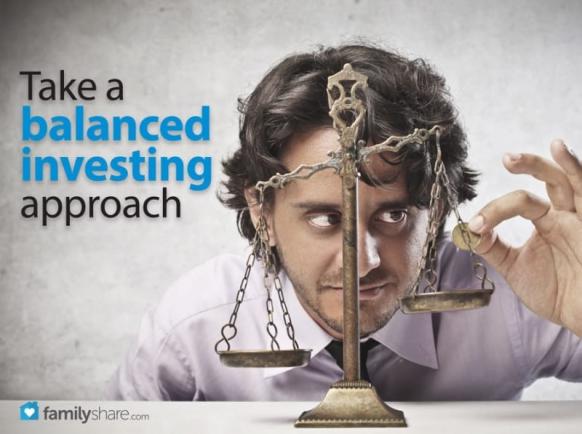
Like it or not, you've got to learn how to invest. If you would like to eat more than Top Ramen and live anywhere but subsidized housing in retirement, you need to become an investor.
Here are 5 things to know before you start investing.
Bank returns are inadequate
If you think that saving money in the bank is a viable alternative to investing in stocks, bonds, mutual funds, etc., you've got another thing coming. Over the long haul, the interest rates on FDIC-insured deposits tends to be lower than the inflation rate, meaning that even though you are earning interest on your money it is diminishing in value even faster.
Investing is risky
Don't let me or anyone else confuse you or hide the fact that investing in stocks, bonds, mutual funds or even real estate is risky. You can lose the money you put in these investments, and it is virtually certain that you will have days where your portfolio of investments goes down in value. Lots of days are like that, but you should do it anyway.
Investment returns exceed inflation
In general, over the sweep of investing history, investments in assets like stocks, bonds and real estate do return more than the inflation rate, meaning that money you invest there will likely grow in real value. It won't be even or predictable. Investing in traditional investments where lots of your friends are investing, you can typically beat inflation over the long term. Portfolios like this, with a combination of stocks and bonds (best owned in mutual funds) will sometimes earn 20 percent or more in one year; they will sometimes lose 20 percent in one year, too. On average, the returns will be high enough to beat inflation and allow your investment portfolio to grow not only nominally but literally.
Diversification is key
If you learn only one new word today, learn "diversification,"� which means that you need to spread your investments around. If you invest some of your money in stocks, you should invest in at least 12 of them. The easiest way to do that is with mutual funds that invest in stocks. You should also invest in bonds, not just stocks. Again, using mutual funds is an efficient way to own such assets. You may want to keep a small percentage of your income in FDIC-insured bank accounts, but not too much.
There is no
get rich quick
When investing, remember the adage "if it seems too good to be true, it probably is." Don't take big risks when investing. You can earn adequate returns in a variety of mutual funds and avoid the bigger risks of owning stocks directly. For anyone over 40, it is a good idea to add some bond funds to your portfolio to reduce the risk a bit. Be careful not to take too much risk.
By taking a balanced investing approach, using mutual funds (or ETFs-Exchange Traded Funds) you can achieve reasonable rates of return over the long term and allow yourself to achieve your savings objectives.

